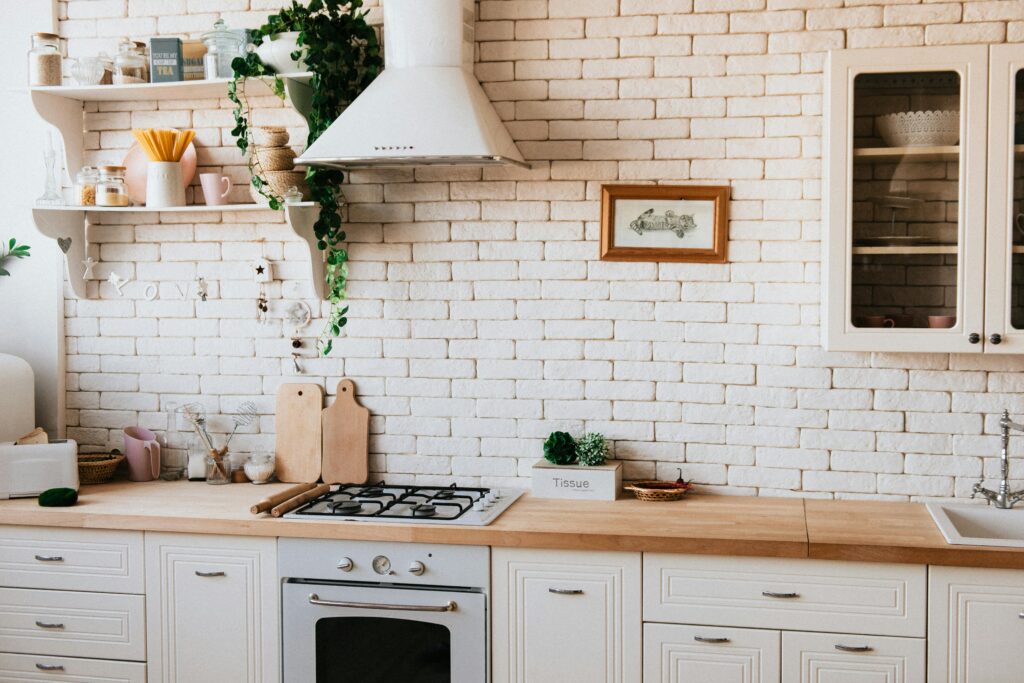
Your kitchen may be the heart of your home. But it can also be the biggest threat to your septic system if you are not careful.
Unlike public sewer systems, septic systems rely on balance. They handle both wastewater and organic material right in your yard. And, one wrong habit in the kitchen can disrupt that balance. This leads to costly repairs, unpleasant odors, or even full system failure.
That said, understanding what damages a septic system is the first step toward protecting it. Hence, let’s look at five common kitchen mistakes that homeowners make, and how you can avoid them to keep your septic system healthy and working efficiently.
Dive into the article!
1. Misusing Garbage Disposals
One of the biggest concerns with septic systems is how food waste is handled. A traditional waste disposal can overwhelm your sewage tank by grinding large amounts of food into small particles, which then accumulate and strain the system. Over time, this can reduce efficiency and increase the need for pumping.
This raises a common question: can you have a garbage disposal with septic tank? The answer is yes—but only if it is designed to be septic safe. Some reputable brands like InSinkErator offer septic-assist disposals that are specifically engineered to break down food waste while helping protect the delicate balance inside a sewage system.
Ultimately, choosing the right model ensures that you can enjoy the convenience of a disposal without risking damage.
2. Pouring Grease Down the Drain
Grease may slide easily into the sink when it is hot, but once it cools, it hardens and clogs your pipes. In sewage systems, grease floats to the top of the tank and forms a thick layer of scum. This layer prevents the system from properly separating and treating wastewater. Thus increasing the risk of blockages and backups.
Hence, instead of pouring grease down the drain, collect it in a heat-resistant container and throw it away with your household trash. You can also wipe pans with a paper towel before rinsing them in the sink.
3. Using Harsh Chemical Cleaners
It may feel like bleach and strong chemical cleaners leave your kitchen sparkling. But these products can disrupt the natural bacterial ecosystem in your tank. Those bacteria are essential for breaking down organic matter. If they are killed off, solids accumulate more quickly, and your tank may require more frequent pumping.
On the contrary, safer alternatives include:
● Biodegradable soaps,
● Vinegar, and
● Baking soda solutions.
These options clean effectively while keeping your system’s bacterial balance intact.
| Bonus Tip: Always check labels for “septic-safe” or “biodegradable” before purchasing cleaning products for your kitchen. |
4. Flushing the Wrong Foods and Solids
Your kitchen sink is not a trash can. Certain items can cause long-term harm to your septic system when rinsed or flushed down the drain, including:
● Coffee grounds.
● Eggshells.
● Pasta and rice (they expand with water).
● Fibrous vegetables like celery or corn husks.
● Harsh cooking oils.
These materials do not break down easily and can clog pipes or accumulate in the tank. Proper waste segregation—using trash bins or composting bins—protects your system from unnecessary strain.
5. Overloading the System with Water
Septic systems work best when wastewater flows at a steady rate. Flooding your system with large volumes of water at once can push solids into the drain field before they are properly broken down. Just think of running the dishwasher and multiple sinks simultaneously. It’s now making sense, no?
This kind of overload leads to clogs and potential system failure. To avoid problems, spread out your water usage. Run dishwashers and other loads at different times of the day rather than back-to-back. Low-flow faucets and energy-efficient appliances also help reduce unnecessary water stress on your septic system.
To Sum It All Up!
Your sewage system is a crucial part of your home’s infrastructure, and protecting it starts in the kitchen. Small habits—like keeping grease out of the sink, avoiding harsh chemicals, and limiting water overload—make a big difference in preventing costly repairs.
While questions often arise regarding how to keep the system efficient, the key is choosing the right equipment and following best practices. Ultimately, by avoiding these five kitchen mistakes, you can extend the life of your septic system, save money on repairs, and enjoy peace of mind knowing your home is running efficiently.
